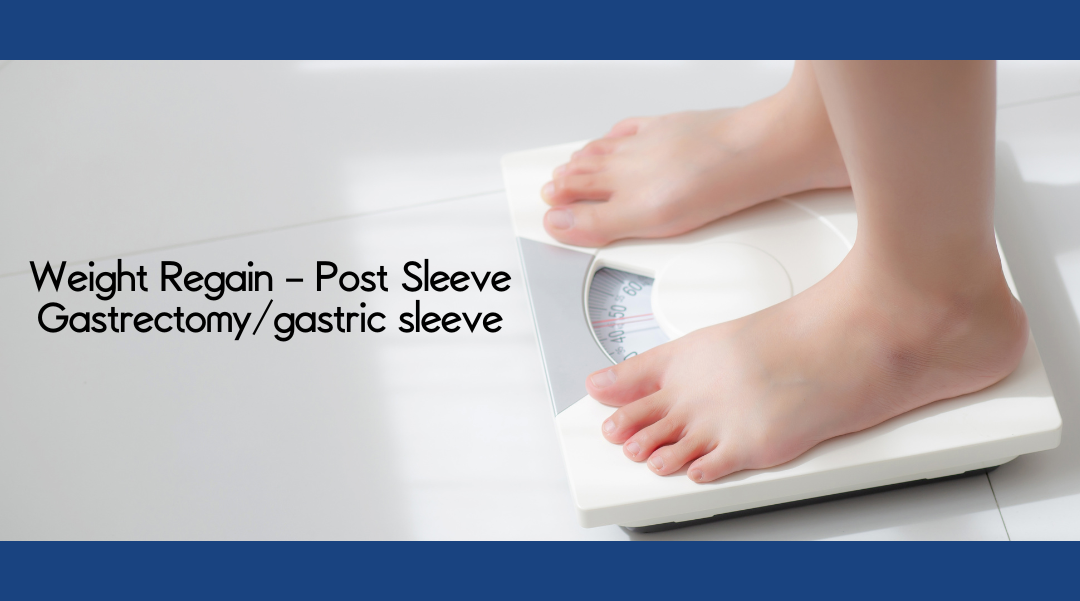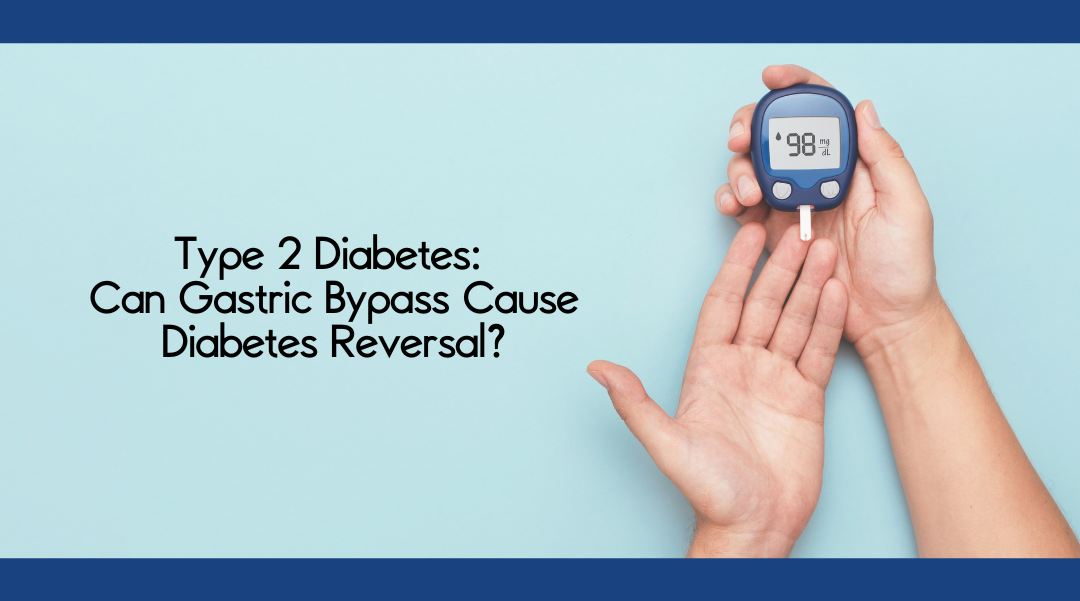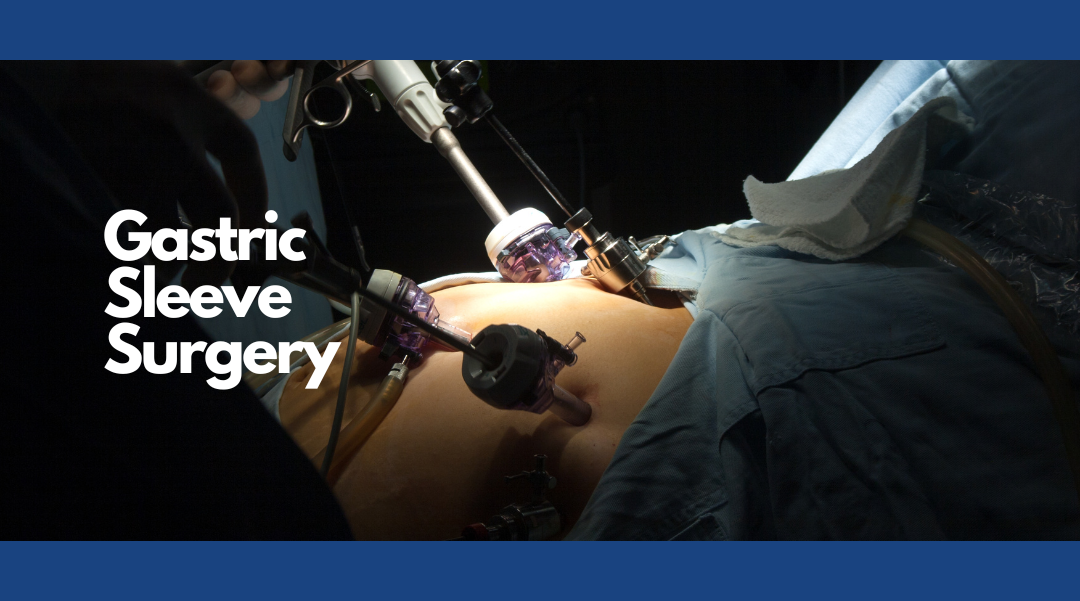- PERTH SURGICAL & BARIATRICS
-
08 65581901
Gastric Bypass surgery is the gold standard when comparing weight loss surgical procedures in morbidly obese patients. Patients who have undergone gastric bypass not only show remarkable improvement in their body fat percentage, but also better cardiac, joint, and bone health. There are, however, several frequently asked questions about laparoscopic gastric bypass and post-op care. In this blog post, we answer five important FAQs to help you better understand the surgical process and prepare for the post-op scenario well in advance. Take a look.
Since gastric bypass surgery is meant to facilitate weight loss, patients often wonder as to the logic behind losing weight prior to surgery. Well, for starters, losing weight prior to surgery helps decrease the risk of surgical complications that may arise due to an enlarged liver, hypertension, diabetes, or any other condition resulting from morbid obesity. When a patient decides to go for a weight loss regime prior to surgery, it also helps demonstrate their commitment to the expected lifestyle changes post surgery.
Typically, patients need to visit the surgeon and the registered dietician two weeks after surgery. After this initial visit, they will take follow-up once every three months thereafter, with both the surgeon and the dietician for the first year. Once the first year is completed, the next follow-up with the surgeon is in the 18th month and then once every year, for life. Patients are encouraged to stay connected with their weight loss program through post-op meetings, and in case they have any issues, they can schedule an appointment with the surgeon anytime.
Related Blog: 6 Exercises to Stay Fit after Roux-en-Y Gastric Bypass Surgery
Having gas is a common condition after surgery. While some patients develop lactose intolerance and experience flatulence, gas, and diarrhea after consuming dairy products, others develop the conditions after consuming green, leafy vegetables. To mitigate these post-op issues, you can consult your surgeon and try over-the-counter anti-gas medications. You must also continue your daily exercise routine and incorporate a brisk walking session. In case you continue to experience flatulence or the diarrhea doesn’t seem to go away, you must visit your surgeon for a checkup.
Dumping Syndrome is one of the common contingencies of gastric bypass surgery. The condition is experienced by patients who consume concentrated carbohydrate-rich foods such as sweets or pastries. Such food items empty rapid move from the stomach pouch into the modified intestinal tract. Patients with dumping syndrome usually experience nausea, bloating, sweating, cramping and/or diarrhea. The condition typically affects patients who indulge in high sugar content foods.
Related Blog: 5 Steps to Ensure Gastric Bypass Surgery is Effective for You
Consuming protein-rich foods is very important for patients who have undergone gastric bypass surgery for weight loss, to heal faster and lose excess weight. Proteins contain various amino acids that are essential building blocks responsible for maintaining lean muscle, healing, and restoring normal organ functions. Typically, adult patients need approximately 60 to 80 grams of protein per day. You must track your protein intake, and periodically review your diet plan with your dietician.
Over the years, Gastric Bypass surgery has significantly evolved to be a premier surgical technique to resolve morbid obesity. Recent improvements in the procedure have helped thousands of individuals return to a normal, healthy lifestyle, within a matter of months. To learn more about the gastric bypass surgical procedure and discuss the specifics of your condition, talk to experienced obesity surgeons in Perth. Perth Surgical and Bariatrics has a team always ready to answer your questions and provide guidance on the best bariatric solution for your specific problem. Book an appointment today or give us a call at 0865581901.

May 5 , 2024 | 2 Minutes to Read
The video is a Facebook live session hosted by Dr Ravi Rao. It gives an insight into Sleeve Gastrectomy, gastric dilation, the dread of weight regain & the predictors of…

May 4 , 2024 | 3 Minutes to Read
During the first six months after gastric bypass surgery, 75 percent of obese patients with type 2 diabetes achieved diabetes remission. Sounds too good to be true? Well a recent…

May 3 , 2024 | 3 Minutes to Read
Vertical sleeve gastrectomy or gastric sleeve surgery, considered one of the most effective weight loss surgeries, is the result of years of improvements made on gastroplasty and anti-reflux procedures. The…